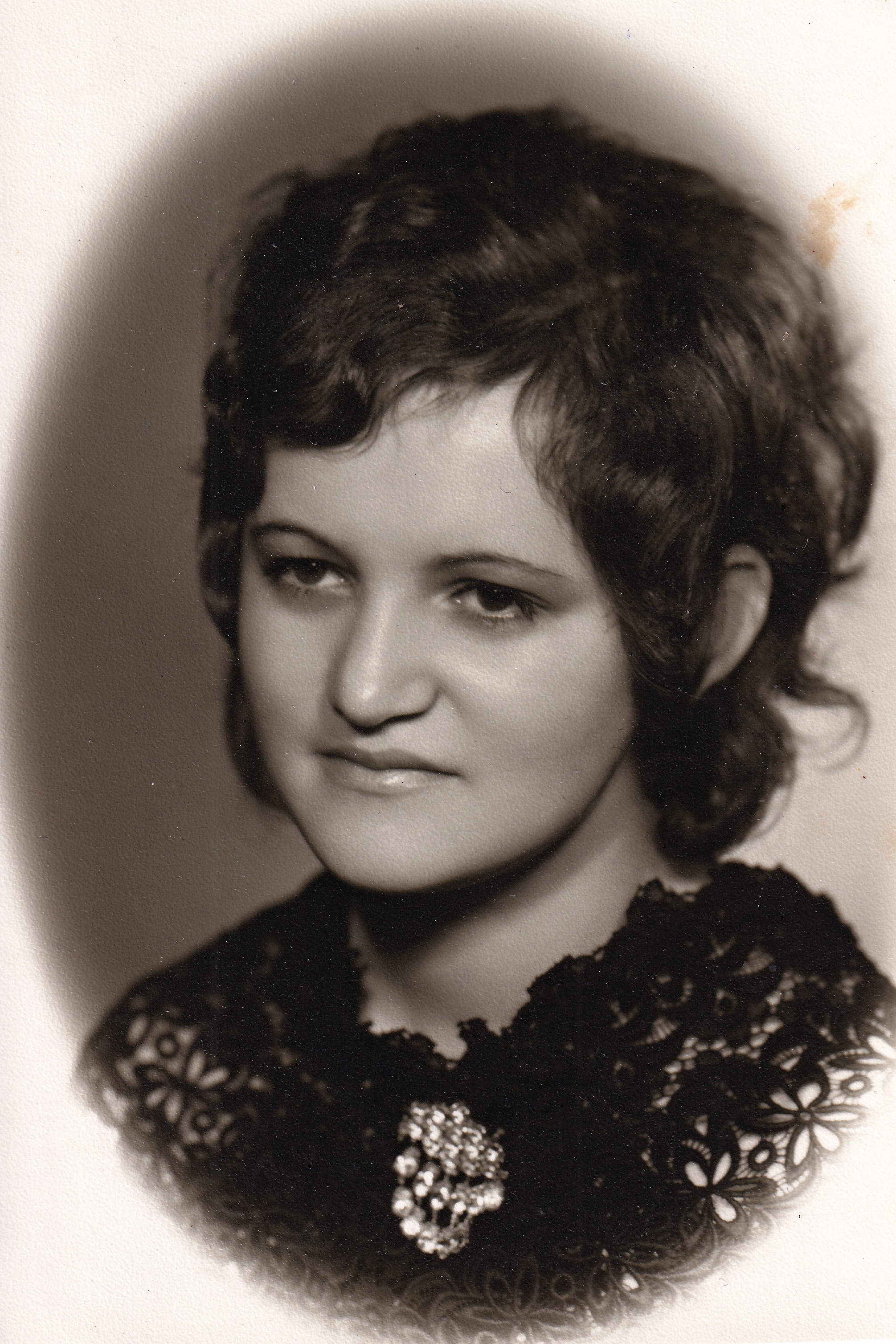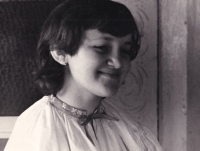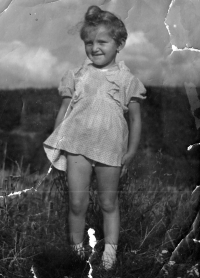As a young girl, she used to walk across the mountains with Polish alcohol. In Hrčava, everyone smuggled

Download image
Jarmila Sikorová was born as Wawrzaczová on 6 September 1953 in Hrčava in the Těšín Beskydy Mountains. She grew up in a cottage not far from the then heavily guarded border with Poland. Her father worked on the railroad as an assistant engine driver, with his wife they took care of the farm. They had horses, cows, pigs and farmed two hectares of fields. Jarmila experienced the time when there was no electricity or public transport in the mountain village. Her mother was involved in smuggling goods from Poland. From childhood Jarmila helped with the distribution of smuggled alcohol. She graduated from a public catering secondary school in Opava. She worked, among other things, as the head of the school canteen in Mosty near Jablunkov. In 2023 she was living with her family in Hrčava.











































